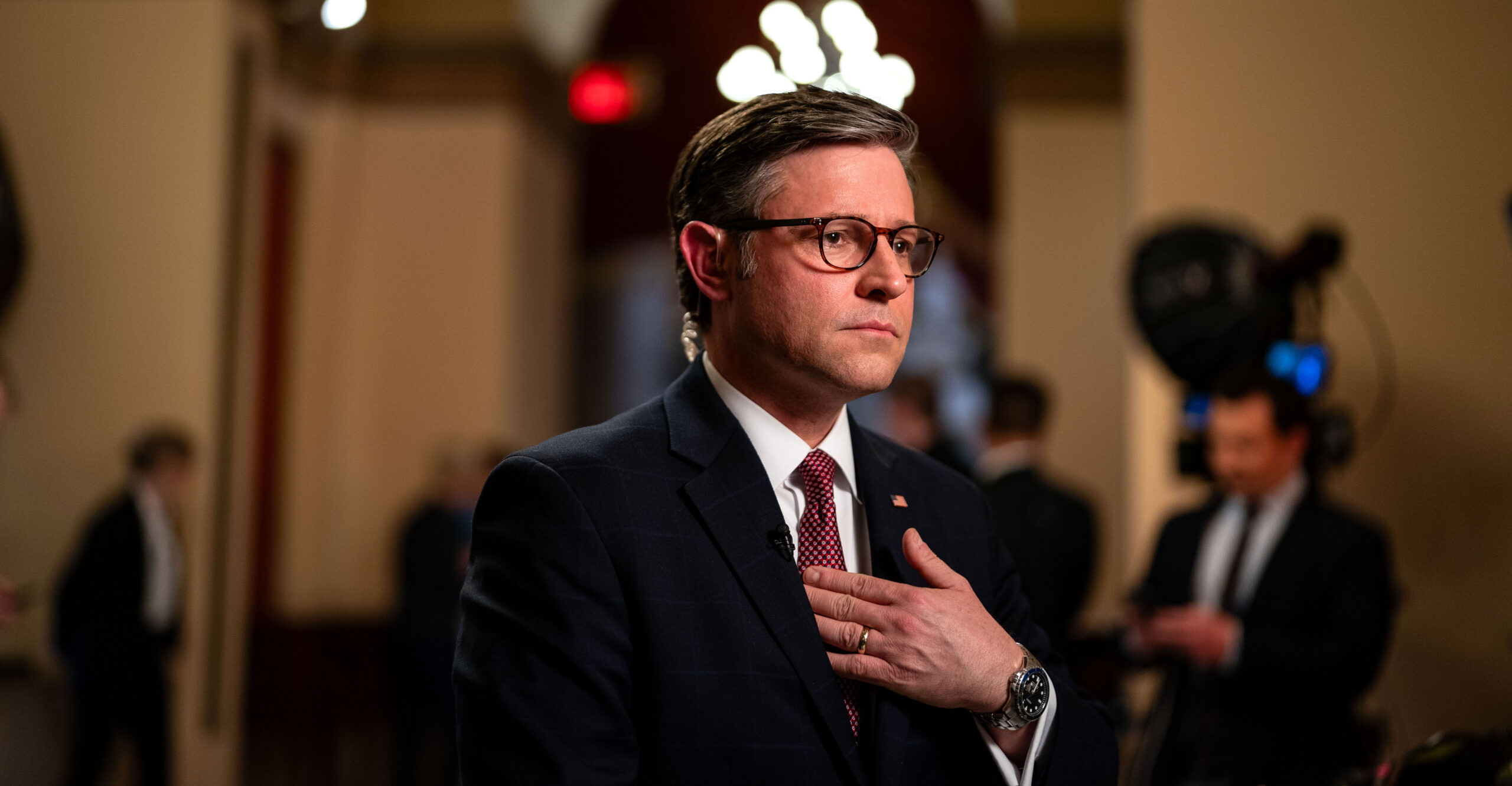Nikki Haley wins DC primary, first victory for campaign
Her win comes ahead of an expected blowout by Donald Trump on Super Tuesday.
Nikki Haley won her first presidential primary on Sunday. She just had to wait for the D.C. insider crowd to vote.
Haley defeated Donald Trump in the Washington, D.C. Republican primary, a contest that took place over the weekend in a downtown hotel just steps away from the heart of D.C.’s lobbying hub. Haley carried nearly 63 percent of the vote, according to D.C. party officials.
Haley’s victory came after she was crushed by Trump in caucuses in Missouri and Idaho and at a Republican convention in Michigan on Saturday. Trump is cruising to the GOP nomination and is favored to win primaries across 16 Super Tuesday states this week.
But the GOP electorate in D.C. — where Republicans make up just 5 percent of registered voters — is hardly representative of the conservative base found in most other parts of the country.
“This universe is a little more sophisticated than just about any universe in any other state,” said Patrick Mara, chair of the D.C. Republican Party. “I listen to the political podcasts in the morning. I read the newsletters throughout the day. That’s probably, like, half the people showing up at this.”
Dan Schuberth, who runs a trade association in downtown D.C. and supported Haley in the primary, described his fellow D.C. Republicans as “a pretty unique electorate,” perhaps the only in the country where many of the voters personally know the people working on one or both of the campaigns.
“You’ve got a really dialed-in political class,” Schuberth said of the Republicans voting this weekend. “You know, folks read POLITICO. They read The Hill. Folks here are reading the Washington Post.”
Voting in the primary ran over three days at the Madison Hotel, and Haley herself held a campaign rally there on Friday. Among Haley’s supporters on Friday was Dana Milbank, a longtime Washington Post columnist who said he had been a Republican for just a few weeks — when he changed his voter registration in time to cast a vote in the weekend primary.
It was part of an experiment for a piece he’s working on in which Milbank has engaged in activities he said appeal to Republican voters — such as, in his explanation, watching NASCAR races, going to a Hobby Lobby and visiting a gun show.
“I’ve always been a RINO,” Milbank said, when asked how it felt to be a part of the D.C. GOP establishment. “So I feel like I fit right in.”
But the typical behavior of a Republican living in the nation’s capital is vastly different from a Republican outside of the district. And even those who showed up to vote for her said that they were a unicorn breed in their own party.
“This is a more moderate area,” said Dennis Paul, a retiree who has been a registered D.C. Republican his entire adult life. “And I think people here think a little bit more rationally.”
Trump’s prospects in the D.C. GOP primary were never high. He was trounced in the contest here in 2016, coming in third behind Marco Rubio and John Kasich. Still, his campaign made a play for D.C. Republicans this year, warning D.C. lobbyists that they will be blacklisted from any future Trump White House access if they didn’t show up to vote in the weekend’s primary.
Campaigning in Massachusetts on Saturday, Haley ripped Trump for the effort, saying, “You can’t threaten people. You can’t push them out, because that is not a winning combination.”
Despite notching her first primary win on Sunday, Haley has not signaled she plans to continue her campaign beyond Tuesday’s contests. Speaking to a roundtable of D.C. political reporters Friday morning, Haley maintained that she was only “ thinking about Super Tuesday,” and not what she plans to do beyond that.
Haley will campaign in Texas on Monday, but has no public events or election night gathering scheduled for Tuesday.
At a rally in Portland, Maine, that wrapped up long before she was declared the winner in Washington, Haley’s only mention of the D.C. contest was another swipe at Trump for threatening to cut off access to lobbyists who didn’t vote for him.
“If you’re a candidate running for president, your job is to bring people in, not push people out of your club,” Haley said.
Haley had one win to celebrate on the spot, though — the support of Sen. Susan Collins (R-Maine), who said she cast her ballot for the former U.N. ambassador.
“When all the fellas are following the herd, she showed why she’s got a steel spine,” Haley said, adding later: “Thank you for showing the fellas that you’ve got more balls than them.”
Lisa Kashinsky contributed to this report.



















